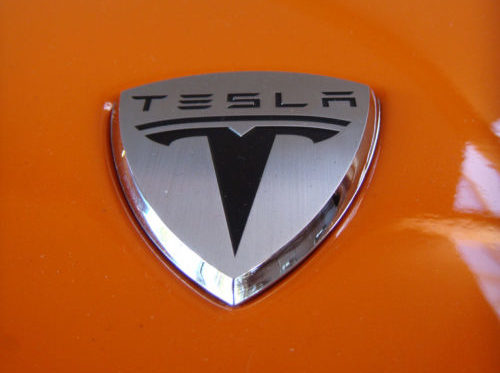
February 10, 2017; Gizmodo and Forbes
A cutting-edge company with a mission “to accelerate the world’s transition to sustainable energy” is having difficulty mastering the less-cutting-edge challenge of working with its labor force. Tesla Motors may be different from other automobile manufacturers in its singular focus on electric-powered vehicles; it may be a highly innovative company that’s leading the way as a green business—but labor relations still challenge its management.
Last week, Jose Moran posted a message on Medium.com about the working conditions at Tesla’s California factory that said all was not well on the production lines:
Many of my coworkers who have been saying they are fed up with the long hours at the plant. […] Although the cost of living in the Bay Area is among the highest in the nation, pay at Tesla is near the lowest in the automotive industry.…Many of my coworkers are commuting one or two hours before and after those long shifts because they can’t afford to live closer to the plant.
He ended his post calling for a new relationship between workers and the company.
Tesla isn’t a startup anymore. It’s here to stay. Workers are ready to help make the company more successful and a better place to work. Just as CEO Elon Musk is a respected champion for green energy and innovation, I hope he can also become a champion for his employees. As more of my coworkers speak out, I hope that we can start a productive conversation about building a fair future for all who work at Tesla.
Tesla responded to Moran’s challenge in an email to Fortune Magazine. Their stance was that he was writing not as a disgruntled employee, but as a stalking horse of the United Auto Workers union.
Sign up for our free newsletters
Subscribe to NPQ's newsletters to have our top stories delivered directly to your inbox.
By signing up, you agree to our privacy policy and terms of use, and to receive messages from NPQ and our partners.
As California’s largest manufacturing employer and a company that has created thousands of quality jobs here in the Bay Area, this is not the first time we have been the target of a professional union organizing effort such as this. The safety and job satisfaction of our employees here at Tesla has always been extremely important to us. We have a long history of engaging directly with our employees on the issues that matter to them, and we will continue to do so because it’s the right thing to do.
Tesla’s founder, Elon Musk, took things rather more personally. In messages to tech site Gizmodo, he wrote:
Our understanding is that this guy was paid by the UAW to join Tesla and agitate for a union. He doesn’t really work for us, he works for the UAW.…Frankly, I find this attack to be morally outrageous. Tesla is the last car company left in California, because costs are so high. The UAW killed NUMMI and abandoned the workers at our Fremont plant in 2010. They have no leg to stand on.
NUMMI, or New United Motor Manufacturing, Inc., are the former owners of the factory that Tesla now uses.
For its part, UAW issued a statement denying that Mr. Moran was speaking for the Union or on their payroll.
Mr. Moran is not and has not been paid by the UAW. We would hope that Tesla would apologize to their employee, Mr. Moran, for spreading fake news about him. We can confirm that Mr. Moran and others at Tesla have approached the UAW, and we welcome them with open arms.
The details of this controversy make good tabloid reading, but it is symptomatic of a larger issue. With labor union membership shrinking to levels not seen since before the Great Depression, are wages and working conditions to be left solely to the beneficence of management and its interpretation of the labor market? If not through the collective power of a union, how are the concerns of workers to be heard and responded to?—Martin Levine











